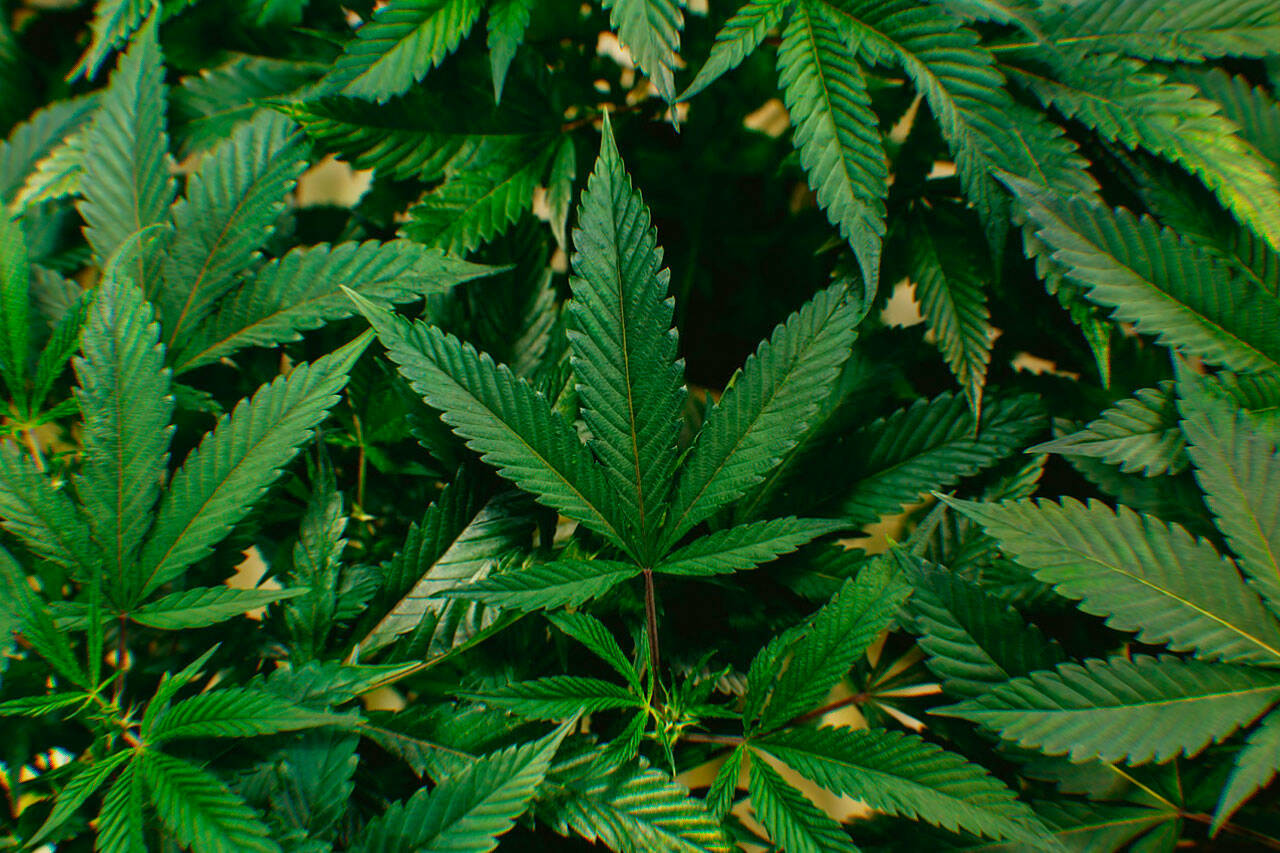"It didn't treat me, however it gave me the chance to get the rest I required to recover, and I was able to work at a much greater level than with the painkillers, that made me get up foggy every day," he said. "With cannabis, I can consume it during the night and get up with a clear head."Cannabis is an especially efficient treatment for individuals legal alternative to marijuana who need aid with discomfort management, in addition to those with sleep disorders or anxiety; however, "there are hundreds of conditions that it deals with," Rinella stated.
Medical decisions should not be made based upon advertising. Seek advice from a physician on the advantages and risks of specific medical cannabis items.
The results of an online survey, making up 95 individuals, featured in the Journal of Option and Complementary Medication in 2014. The researchers found that participants preferred indica strains for discomfort management, sedation, and sleep while they would go with sativa strains to improve energy and mood. Concerning pain management, participants reported a statistically substantial result when using indica for: It is, however, important to keep in mind that this study had a number of restrictions.
Participants did not use the marijuana in a regulated setting, possibly leading to distinctions in drug structure, dosage, and strength. Another research study taken a look at using organically grown sativa and indica pressures in the treatment of several medical conditions. Simply over half of the individuals were using marijuana to deal with HIV.

The results showed that indica stress are most likely to improve energy and hunger, while both sativa and indica pressures marijuana alternative medicine can relieve queasiness to a comparable degree. Marijuana contains substances that may relieve pain, nausea, and other signs. The elements of marijuana that the majority of studies focus on for discomfort relief are cannabidiol (CBD) and tetrahydrocannabinol (THC).
CBDTHC resembles the cannabinoid chemicals that occur naturally in the body. When people consume or inhale THC, it the brain's cannabinoid receptors. This activates the brain's reward system and minimizes discomfort levels. THC is a psychedelic substance as it binds to cannabinoid receptors and produces an elevated state of mind, referred to as a high.